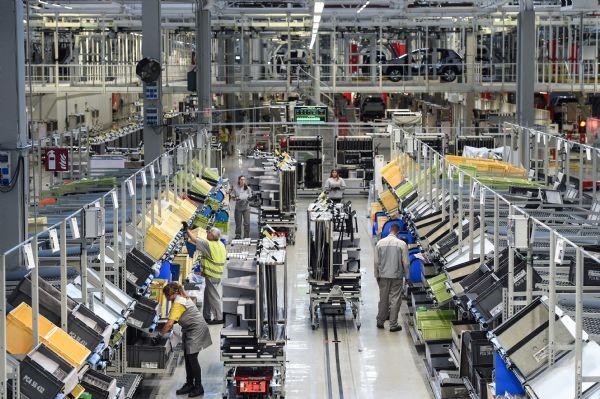We use cookies to provide the best possible user experience for those who visit our website. By using this website you agree to the placement of cookies.
If you decline, your information won’t be tracked when you visit this website. A single cookie will be used in your browser to remember your preference not to be tracked.

